Other Name: All-trans-Astaxanthin
What it is: Astaxanthin is a naturally occurring carotenoid that is a non-provitamin A and helps to protect against DNA damage caused by oxidative stress and acts as an anti-ageing agent. It can be found in algae, yeast, salmon, trout, krill, shrimp, and crayfish.
Mode of usage pertaining to the discussion below: Topical application in cosmetics and personal care products.
Safety Profile (Based on regional guidelines):
| European Union – CIR | Data unavailable |
| European Union – SCCS | Safe to use, as per current practice |
| US FDA | Data unavailable |
| ASEAN guidelines | Data unavailable |
Safety in special situations:
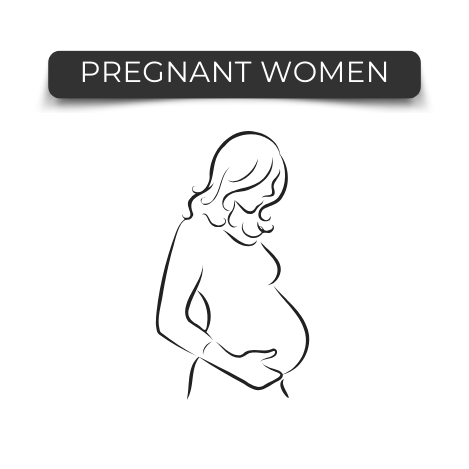
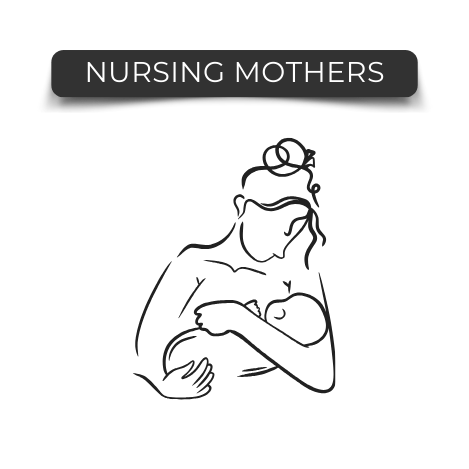


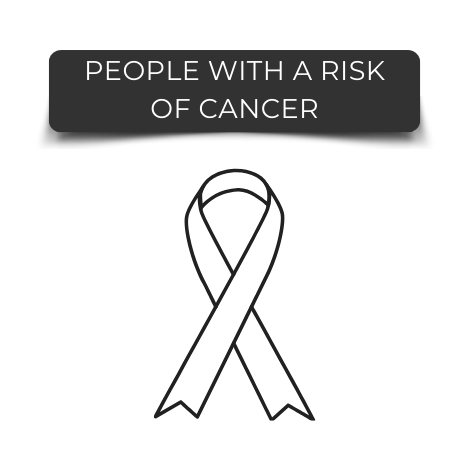
Environmental and Ecological Concerns:
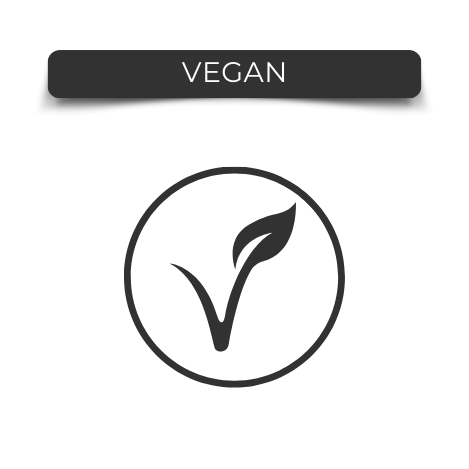

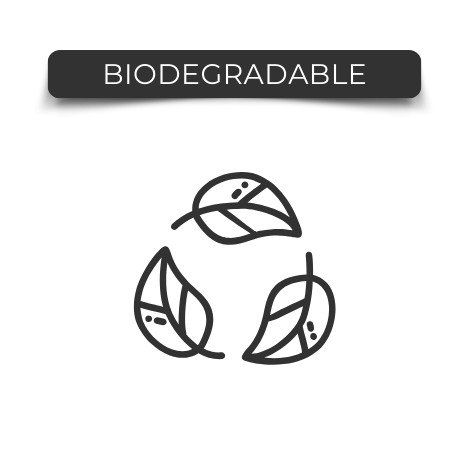
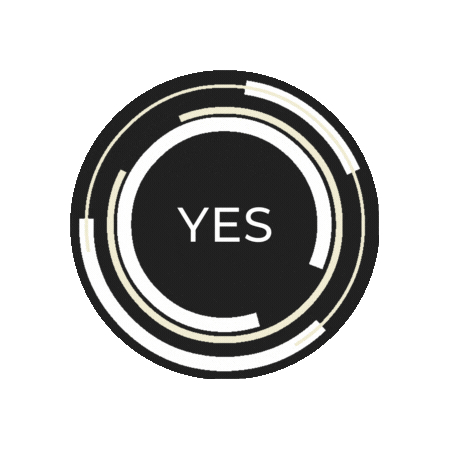
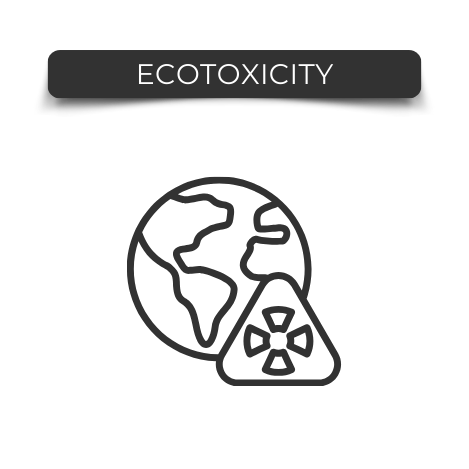

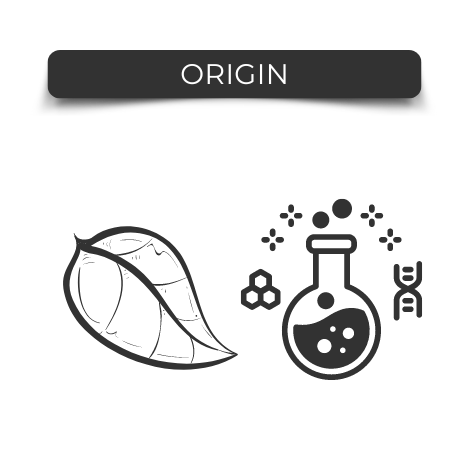

Note:
- You may need to look at the exact product claim to know if a vegan version was used.
- You may need to check the exact product label to know if a naturally derived ingredient was used.
Attributes:

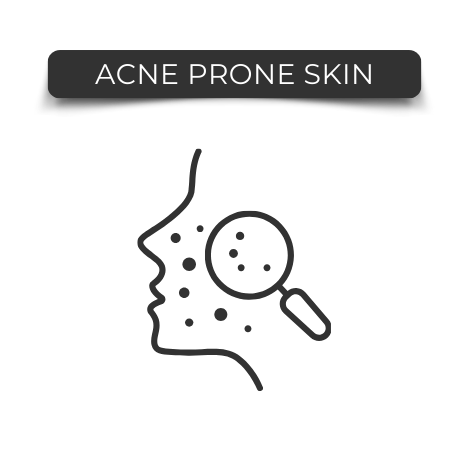
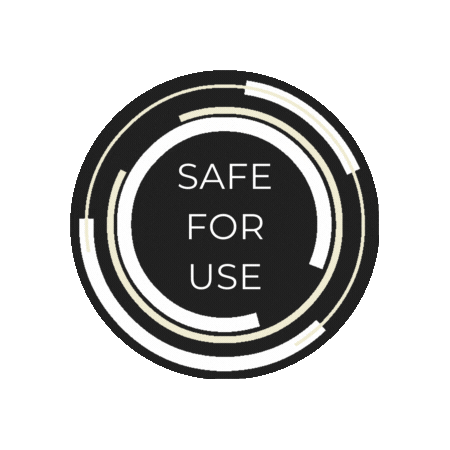
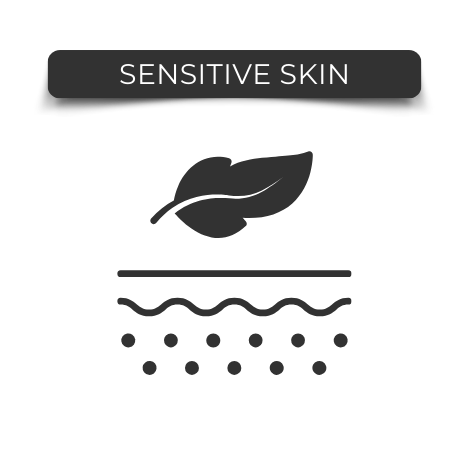

Note:
- Astaxanthin is not listed as an ingredient to be comedogenic or avoided by persons with acne prone or sensitive skin based on currently available data.
Conclusion
Astaxanthin is safe as per the current practice of use.
References
- https://pubchem.ncbi.nlm.nih.gov
- https://european-union.europa.eu
- EFSA NDA Panel (EFSA Panel on Nutrition, Novel Foods and Food Allergens), Turck D et al., EFSA Journal 2020;18(2):5993, 9 pp.
Disclaimer: The above information is based on ongoing toxicology research at CHOSEN®’s R&D. We will do our best to update the information as and when the latest studies are available. If you have any inputs regarding the above information, please email us at ingredients@chosenstore.in

